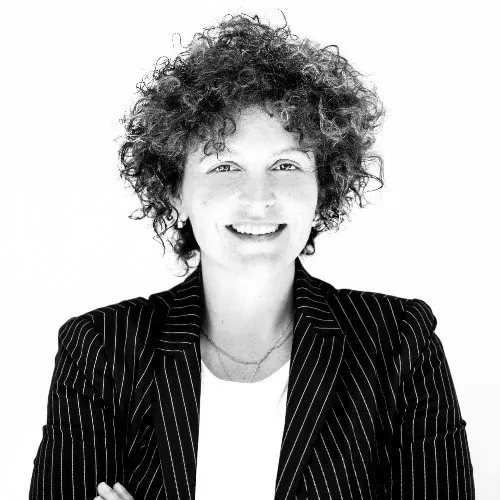Sara
Roversi

President Future Food Institute
Sara is an experienced entrepreneur, thought leader, and disrupter in the food ecosystem. She works with globally recognized high-profile think tanks on setting the agenda for the sustainable food industry. Sara is the director of Future Food Institute – a non-profit organization with a mission to take creative and responsible food entrepreneurs to the next level of achievement through education, research projects, and disruptive innovation experiences (such as hackathons) – and You Can Group – founded in 2004, a group of 30 companies (with over 200 bright and dynamic individuals) focused on digital, design & food.
COURSES
This course will guide participants on a transformative journey to discover the Regenerative Mindset, a mental and operational approach capable of activating regeneration strategies within agri-food systems, communities, and organizational models. Starting from the principles of integral ecology and inclusive prosperity, the course offers a systemic interpretation of major contemporary challenges, with a practical focus on solutions applicable in business, institutional, and territorial contexts. Regeneration is not treated solely as an environmental objective, but as a strategic paradigm for rethinking economic models and decision-making processes. Tools will be presented to foster the emergence of regenerative economic models capable of generating shared value, resilience, and long-term competitiveness. Concepts and potentials of regenerative finance will also be introduced—an innovative investment approach that aligns economic, environmental, and social objectives. Through practical examples, testimonials, and systemic design methodologies, participants will learn to recognize the strategic levers for enabling regenerative leadership: more aware, collaborative, and impact-oriented. Food will be used as a lens and catalyst to understand the interconnections between natural resources, human capital, and collective well-being. By the end of the course, participants will have acquired new interpretive frameworks and operational tools to integrate regeneration into their development strategies, becoming conscious agents of an cultural, economic, and environmental change that can no longer be postponed.
Food Innovation and RegenerationThe module on Integral Ecology offers a holistic perspective for understanding the interconnections among natural environments, social systems, and human economies. Drawing inspiration from the systemic and relational approach of the integral ecological development model, this lesson explores the inseparable link between social justice, planetary health, and human development. Participants will be guided in analyzing environmental, climate, and social crises as manifestations of a deeper rupture: that between our way of life and the cycles of nature. Through practical examples, analytical tools, and case studies, the module will explore regenerative models capable of restoring ecosystems and communities, reconnecting spirituality, ethics, and civic action. At the heart of the course is the valorization of relationships—with oneself, with others, and with the Earth—as the foundation of all true sustainability. By the end of the module, participants will have developed a new awareness of the active role each individual can play in caring for the common good and in building resilient and regenerative systems.
Food Innovation and Regeneration